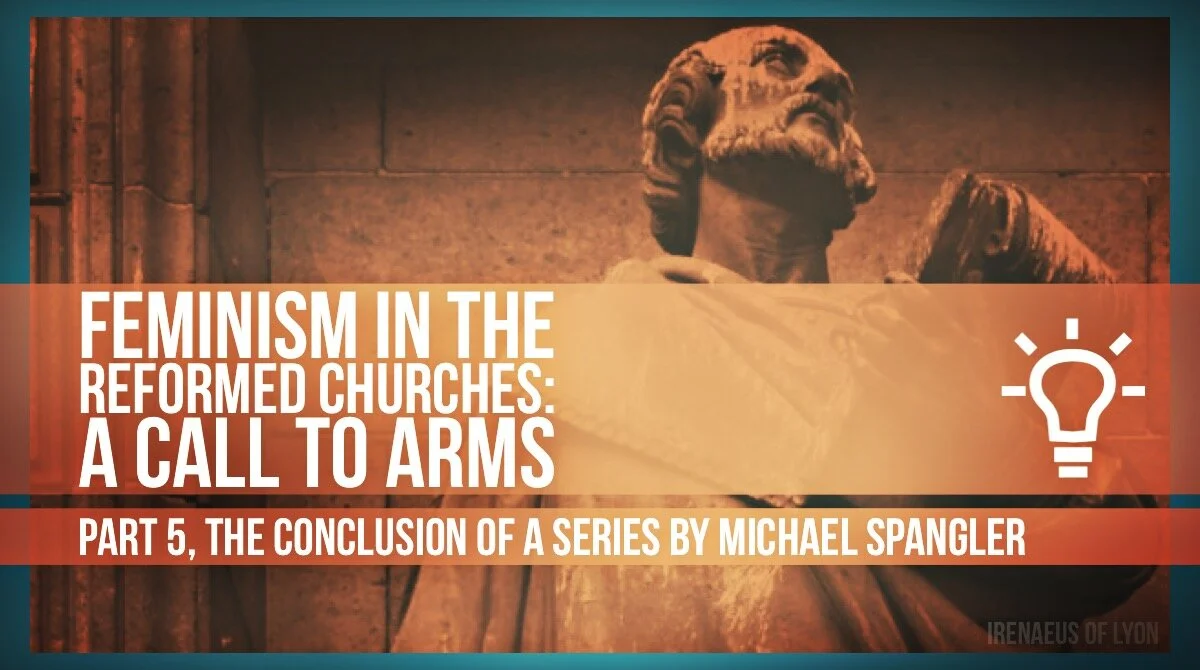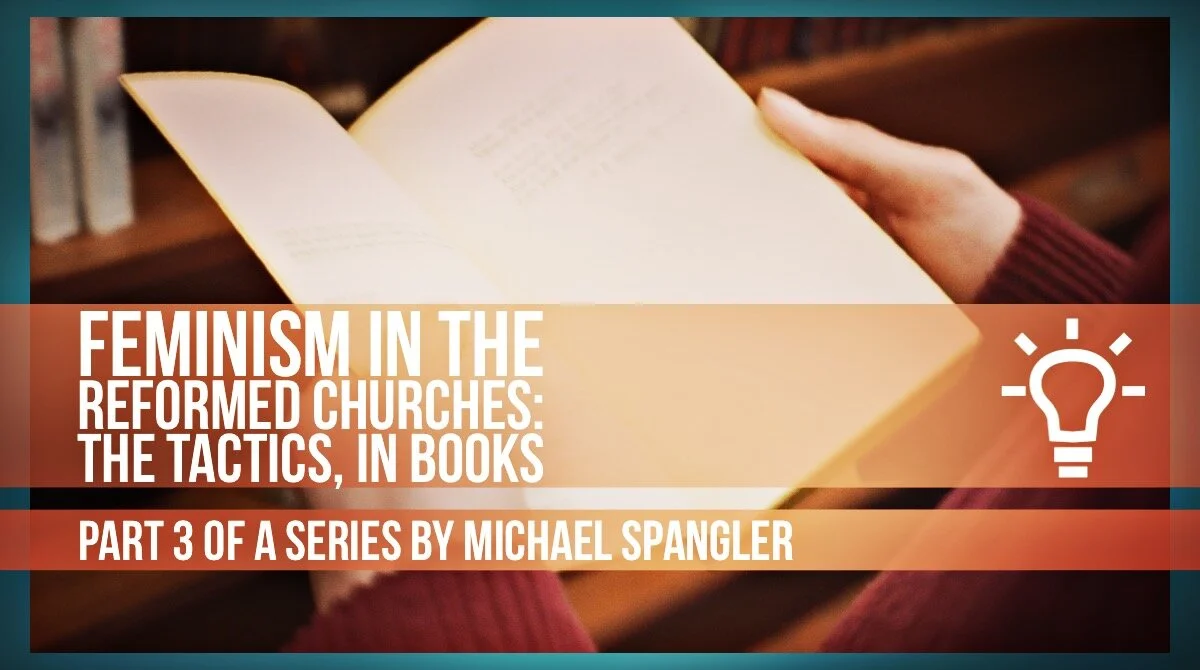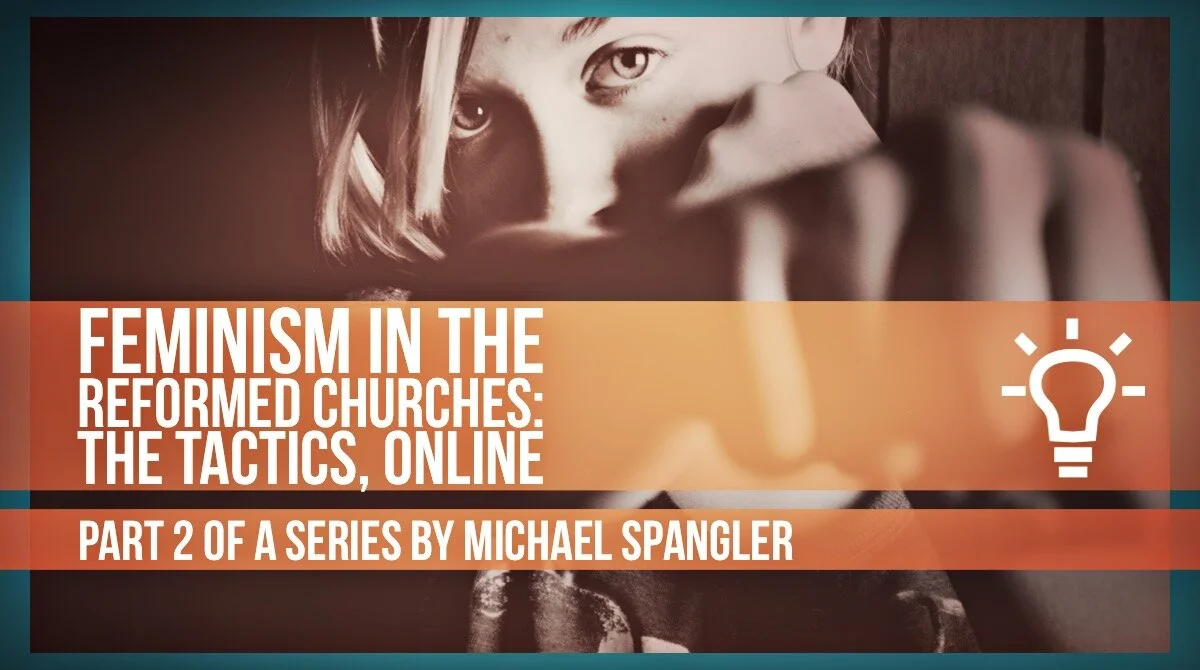


Paleoconservatism and Christian Nationalism
Why is Stephen Wolfe’s The Case for Christian Nationalism sparking such intense controversy among Reformed Christians? In this article, Darrell Dow examines the striking parallels between today’s debates and the ideological battles of the ’80s and ’90s, revealing how Wolfe’s work challenges not just theology but the liberal order itself. Is “conservatism” repeating itself? Explore this in-depth analysis of Christian Nationalism, paleoconservatism, neoconservatism, and the dynamics fueling this conflagration.

The Punch-Right-Slide-Left Dynamic in American Evangelicalism
American evangelicalism thrives on cycles of zeal, consolidation, and compromise. Leaders rise, rally tribes, then seek mainstream relevance—discarding those who remain faithful to what built the movement. It’s the tragic ‘punch right, slide left’ dynamic of “conservative” progressivism. We need deeper repentance and a better way forward.


A Plea to the Conflicted Christian Voter
I would like to address the Christian voter that is tempted to sit this one out, the Christian that knows she can't support Kamala Harris, but worries voting for Trump is morally questionable. I would like to offer some considerations that may not have crossed your mind and you may never have heard articulated before. These considerations will challenge the typical political theology taught amongst evangelicals, but they are actually very biblically and historically sound, while many evangelical priors are relatively modern, innovative notions. Please hear me out.









Pastors, Lift Up Your Voice Online
Lift up your voice online… yes, there will be consequences. Sinners will be saved. Members will be added to the church. Scoffers will learn not to blaspheme. Persecution will be stayed for years, perhaps for decades. Christians will be encouraged and built up. You will learn many things yourself in having to explain and defend the truth, and in watching others do the same. For all of these good reasons, and many more, I call you, men and brethren, to the internet, to lift up your voice there for the glory of your God.





Use our archive link above to find all of our available blog content, or search for your topic or author of interest.
Featured Posts
We need not reinvent Christianity or carve out ever-smaller enclaves to prove our faithfulness. We do not need to imitate the liberal order’s obsession with identity and control. We can return to nature, heritage, tradition, fathers, and our faith. Sectarian comfort is a false security for a people who have forgotten how to receive life from God’s hand. It will take Christian courage in an age of liberals and sects to grow deeper roots and provide a more secure and fruitful future.
Follow us on social media:





















